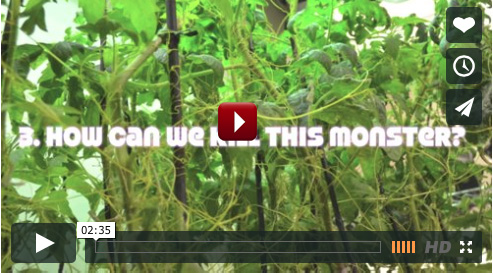Jim Westwood is an associate professor of plant pathology, physiology, and weed science at Virginia, Tech.
Research projects include molecular-level characterization of host response to parasitization, development of model systems for parasitic weed biology, transfer of macromolecules among hosts and parasites, and strategies to enhance host resistance to parasitic weeds.
He is doing research with funding from the National Science Foundation (NSF) program on "integrative organismal systems" – which studies why organisms are structured the way they are and function as they do. For instance, how does the parasite obtain nutrition without awakening defenses in the host plant. Specifically, Westwood is looking at messenger RNAs that move between parasite and host plants, which is one of the few known examples of RNA exchange from one species to another. He is interested in understanding how these messenger RNAs facilitate host-parasite interaction, their role in plant growth and development, and how they can be used to improve plant productivity.
He is also a leader of the NSF-funded parasitic plant genome project, with colleagues from Pennsylvania State University, the University of California-Davis, and the University of Virginia. The project compares the expressed gene sequences of three types of parasitic plants to find common factors, which can help identify ways to manage such plants and identify genetic changes associated with evolution of parasitism in plants.


